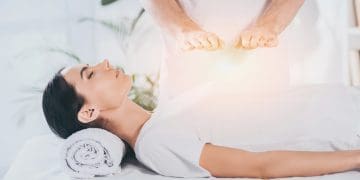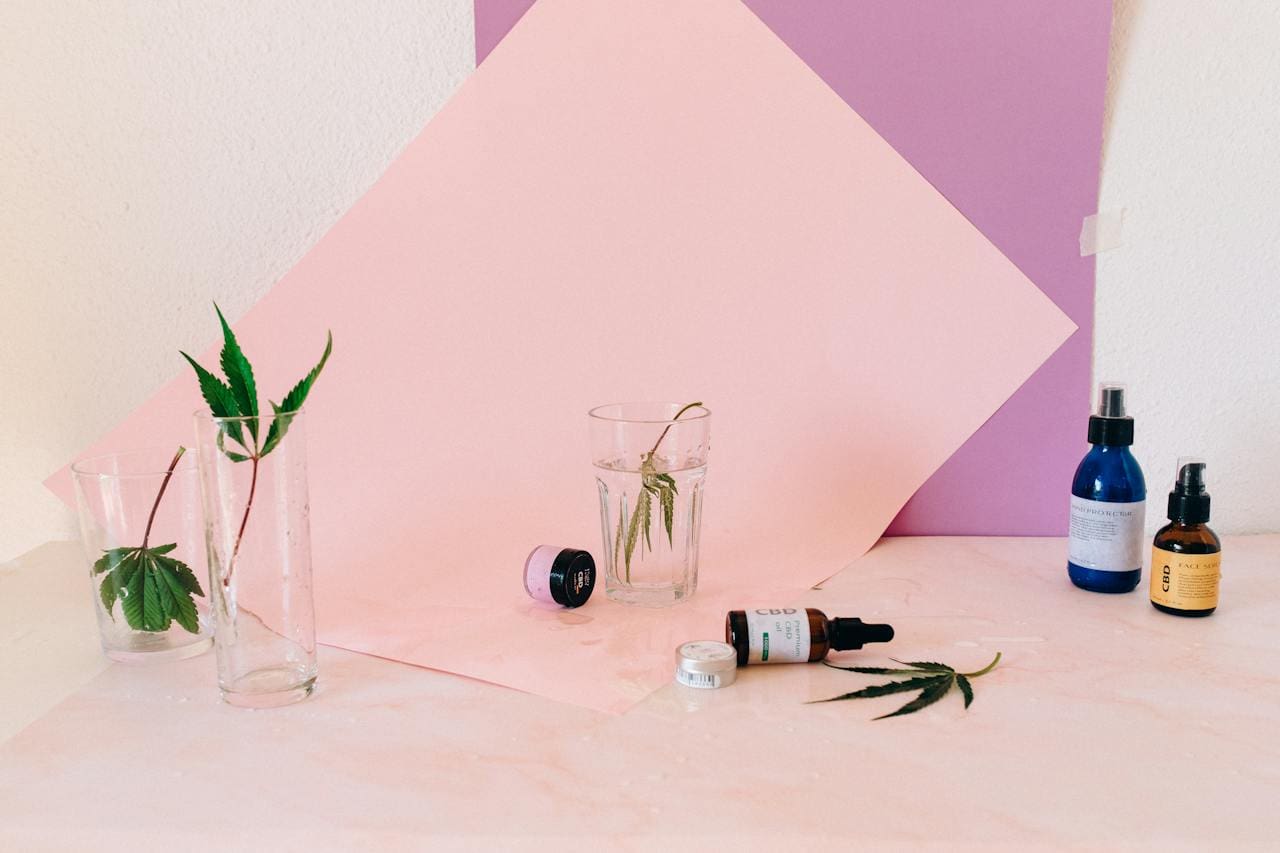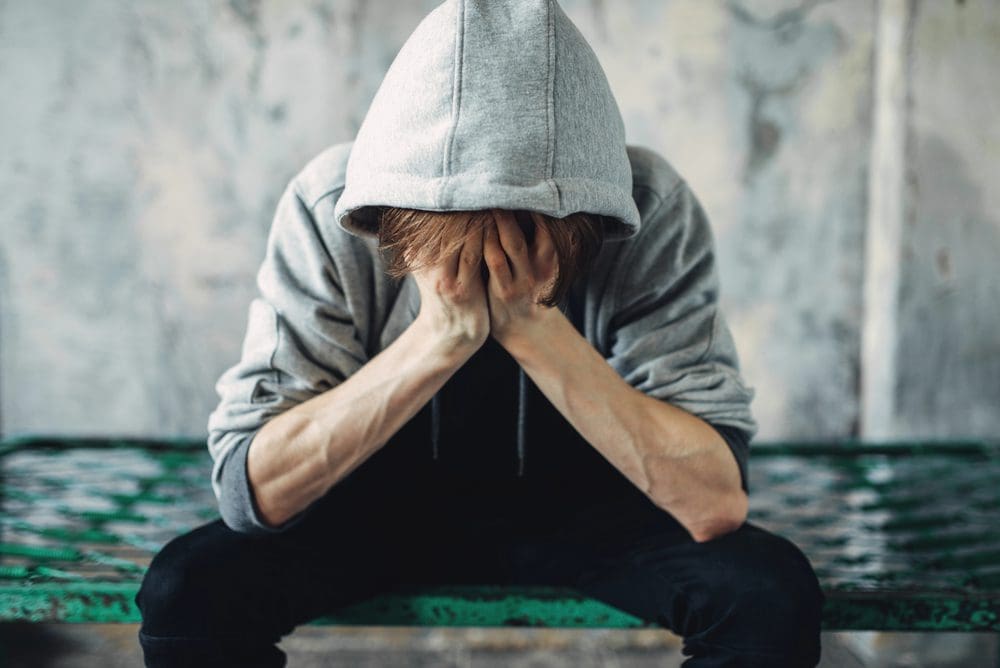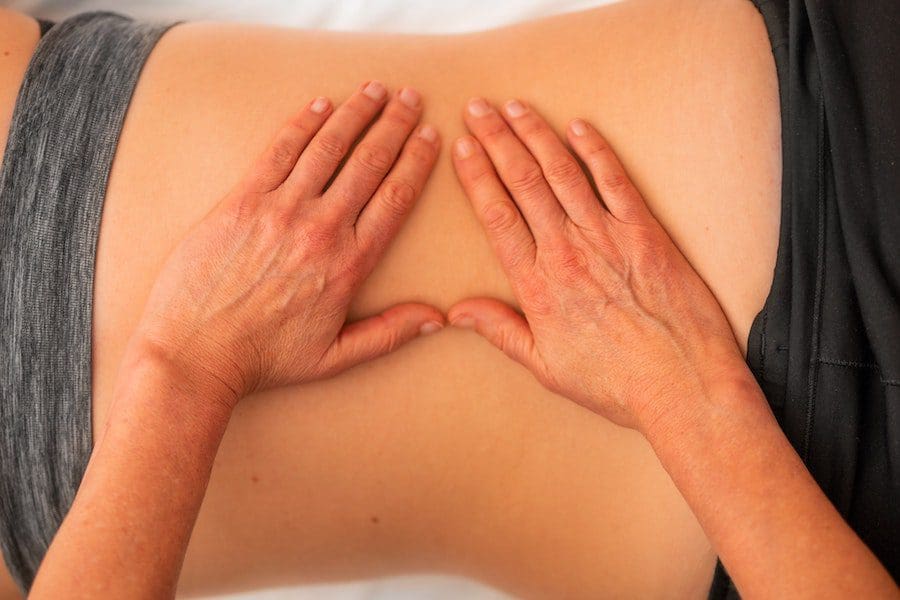Full Disclosure: Clicking on these links could mean a tiny commission for me, at no extra cost to you.
In the shadowy recesses of modern society, drug addiction and depression stand as two pervasive and interwoven conditions. Their interaction is not just a simple cause-and-effect relationship but a complex dance where one often exacerbates the other. To unravel the intricate connection between drug addiction and depression, we need to delve into how each condition manifests, how they influence each other, and what paths exist toward recovery.
The Vicious Cycle of Addiction and Depression
Drug addiction is more than a compulsion to use substances; it’s a multifaceted disease characterised by changes in the brain’s chemistry and function. When a person becomes addicted to drugs, their brain undergoes significant changes, particularly in areas related to reward, motivation, and emotion. These changes can hijack the brain’s natural balance, making the individual increasingly dependent on the substance to feel normal or experience pleasure.
Depression, on the other hand, is a mood disorder marked by persistent feelings of sadness, hopelessness, and a lack of interest or pleasure in daily activities. It’s not merely about feeling down or going through a rough patch; depression is a profound alteration in one’s emotional state and cognitive function, often accompanied by physical symptoms such as fatigue and changes in appetite or sleep patterns.
The Link Between Addiction and Depression
The relationship between drug addiction and depression can be both bidirectional and mutually reinforcing. Many people turn to drugs as a means of self-medication to alleviate the symptoms of depression. Substances like alcohol, opioids, and stimulants may provide temporary relief from depressive symptoms, creating a false sense of well-being. However, this relief is short-lived and often leads to an increased dependence on the substance.
Over time, the brain’s reward system becomes increasingly disrupted by the regular use of addictive substances. As tolerance builds, the individual requires larger doses to achieve the same effects, which can deepen feelings of depression when the drugs are not present. The resultant emotional lows during withdrawal periods can be profound, often more intense than the initial depressive symptoms, trapping the individual in a vicious cycle of seeking drugs to stave off depression and feeling depressed when unable to access them.
Furthermore, chronic drug use can cause neurobiological changes that directly contribute to depression. Long-term use of substances like cocaine or methamphetamine can damage the brain’s dopamine receptors, reducing the ability to experience pleasure and leading to anhedonia—a common symptom of depression. The interplay of these factors creates a scenario where addiction feeds depression, and depression fuels addiction, making escape from either condition exceedingly difficult without proper intervention.
advertisement
Access Treatment Right Now
→ Online Therapy – Speak with a licensed therapist today. Better Help offers online therapy starting at $65 per week. Free Assessment
→ Digital Psychiatry – Hims/Hers connects you with a licensed healthcare provider in just 12-48 hours and explore FDA-approved treatment options. No insurance required. Get started today!
Options for Addiction Treatment and Recovery
Breaking free from the entangled grip of addiction and depression requires a comprehensive and multifaceted approach to treatment. It’s not enough to address only the addiction or the depressive symptoms in isolation; effective recovery hinges on treating both conditions simultaneously. Several treatment options exist, each with its own strengths and considerations, tailored to meet the complex needs of individuals battling these intertwined disorders.
Medical Detoxification
The first step in many addiction treatment journeys is detoxification, often referred to as detox. This process involves clearing the body of the addictive substance while managing withdrawal symptoms under medical supervision. Detox is critical in cases where sudden cessation of substance use could lead to severe, potentially life-threatening withdrawal symptoms, such as those associated with alcohol or benzodiazepine dependence.
Medical detox provides a safe environment where individuals can undergo the initial phase of substance withdrawal with the support of healthcare professionals. Medications may be used to alleviate withdrawal symptoms and reduce cravings, making the process more manageable. While detox itself does not address the underlying psychological components of addiction or depression, it is a crucial precursor to further treatment.
Behavioural Therapies
Once detox is complete, ongoing treatment often includes various forms of behavioural therapy. These therapies are designed to help individuals understand the root causes of their addiction and depression, develop coping strategies, and build healthier behaviours.
Cognitive-behavioural therapy (CBT) is one of the most commonly used approaches. It focuses on identifying and challenging negative thought patterns and beliefs that contribute to both depression and substance use. By reshaping these cognitive processes, individuals can reduce the frequency and intensity of depressive episodes and diminish the impulse to use substances as a coping mechanism.
Dialectical behaviour therapy (DBT) is another effective form of therapy, particularly for individuals who struggle with intense emotions and self-destructive behaviours. DBT combines CBT techniques with mindfulness practices, helping individuals accept and regulate their emotions while reducing impulsive behaviours.
Motivational interviewing (MI) is a more collaborative approach that helps individuals find the internal motivation to change their behaviour. By exploring their ambivalence about substance use and depression, patients can develop a stronger commitment to recovery.
Medication-Assisted Treatment (MAT)
For many, medication-assisted treatment (MAT) can be a vital component of their recovery journey. MAT involves the use of FDA-approved medications in combination with behavioural therapies to treat substance use disorders and co-occurring mental health issues like depression.
Medications such as methadone, buprenorphine, and naltrexone can be used to treat opioid addiction by reducing cravings and withdrawal symptoms. Similarly, medications like acamprosate and disulfiram are available for treating alcohol dependence. These medications help stabilise the brain’s chemistry, allowing individuals to focus more effectively on their recovery and therapy.
Antidepressants may also be prescribed to help manage depressive symptoms, particularly when they are severe and impede the individual’s ability to participate fully in addiction treatment. Selective serotonin reuptake inhibitors (SSRIs) and serotonin-norepinephrine reuptake inhibitors (SNRIs) are commonly used to address depression.
Holistic and Alternative Therapies
In recent years, there has been a growing recognition of the role that holistic and alternative therapies can play in addiction and depression treatment. These approaches aim to treat the individual as a whole, addressing physical, emotional, and spiritual needs.
Practices such as yoga, meditation, and mindfulness can be beneficial in reducing stress and promoting emotional regulation. These techniques can help individuals develop greater self-awareness and a deeper connection to their bodies and emotions, which is essential in managing both addiction and depression.
Art and music therapy offer creative outlets for expressing emotions and processing traumatic experiences. Equine therapy and other forms of animal-assisted therapy provide opportunities for building trust and developing new forms of non-verbal communication.
Nutrition and exercise programs are also integral to holistic recovery, helping to repair the physical damage caused by substance abuse and supporting overall well-being. Regular physical activity can boost mood and energy levels, while a balanced diet provides the nutrients needed to restore health and vitality.
Ready to Break Free from Depression?
Ketamine therapy is a life-changing solution for treatment-resistant depression. Start your healing journey with a safe, guided at-home experience that’s personalized just for you. Better U experts support you every step of the way.
Take the free assessment and see if ketamine therapy is right for you!
Free AssessmentThe Role of Rehab Centers in Recovery
Rehabilitation centres, or rehab centres, play a pivotal role in the recovery from addiction and depression. These facilities offer structured environments where individuals can receive intensive, specialised care tailored to their unique needs. Rehab centres provide a range of services, from medical treatment and therapy to support groups and educational programs, all designed to promote long-term recovery.
Inpatient and Outpatient Rehab Programs
Rehab centres typically offer both inpatient and outpatient programs, allowing individuals to choose the level of care that best suits their situation.
Inpatient rehab, also known as residential treatment, involves living at the rehab facility for a specified period, usually ranging from 30 to 90 days, though longer stays are sometimes necessary. Inpatient programs provide a highly structured environment with 24-hour medical and therapeutic support. This immersive setting removes individuals from the triggers and stresses of their daily lives, allowing them to focus entirely on their recovery.
Outpatient rehab, on the other hand, allows individuals to live at home while attending treatment sessions at the facility. This option is ideal for those with less severe addiction or those who have already completed an inpatient program and are transitioning back to regular life. Outpatient programs vary in intensity, from regular weekly sessions to more rigorous day programs that require several hours of attendance each day.
Comprehensive and Integrated Care
One of the key benefits of rehab centres is their ability to provide comprehensive and integrated care. Effective treatment for co-occurring addiction and depression requires a multifaceted approach that addresses both conditions simultaneously.
Rehab centres often employ a multidisciplinary team of professionals, including doctors, psychiatrists, psychologists, counsellors, and social workers. This team works together to create a personalised treatment plan that encompasses medical detox, therapy, medication management, and aftercare planning.
In addition to standard treatments, many rehab centres offer complementary services such as family therapy, vocational training, and legal assistance. Family therapy helps rebuild relationships and create a supportive home environment, while vocational training and educational programs prepare individuals for life after rehab. Legal assistance can be crucial for those dealing with legal issues related to their substance use.
Building a Supportive Community
Recovery from addiction and depression is not a solitary journey. The support and encouragement of others who understand the challenges and triumphs of recovery can make a significant difference in maintaining long-term sobriety and emotional health.
Rehab centres provide a built-in community of peers and professionals who are committed to the same goals. Group therapy sessions, support groups, and community activities foster a sense of belonging and mutual support. Sharing experiences and strategies for coping with addiction and depression helps individuals realise they are not alone in their struggles and that recovery is possible.
Many rehab centres also offer alumni programs and ongoing support networks that extend beyond the initial treatment period. These programs provide continued access to resources, counselling, and peer support, helping individuals stay connected and motivated as they navigate their recovery journey.
Conclusion
The journey from the depths of drug addiction and depression to the light of recovery is challenging but profoundly transformative. Understanding the intricate link between these two conditions is the first step in breaking free from their grip. With the right combination of medical, therapeutic, and holistic treatments, individuals can reclaim their lives and find new meaning and purpose beyond their struggles.
Rehabilitation centres play a crucial role in this journey, offering the comprehensive care, structured environment, and supportive community necessary for lasting recovery. By addressing both addiction and depression in a holistic and integrated manner, these centres provide a beacon of hope for those seeking to rebuild their lives and rediscover joy and fulfilment.
Additional Resources
Ready to elevate your mental wellness? To help our readers thrive along their mental health journey, Anxiety Gone partners with leading experts in the mental health and wellness field. Anxiety Gone may receive commission from the companies listed below at no extra cost to you.
Talk Therapy
Better Help offers access to over 20,000 licensed therapists available, starting at just $65 per week. Take a free online assessment today to get matched with the right therapist for you. Get Started
Hims/Hers
Dealing with anxiety or depression? The right medication can make a world of difference. Hims/Hers connects you with a licensed healthcare provider in just 12-48 hours and explore FDA-approved treatment options. No insurance required. Get started today!
Mental Health Newsletter
Join our free Anxiety Gone newsletter and receive helpful tips and expert advice delivered right to your inbox. Sign Up
Tap Into Relief
Tapping (EFT) combines acupressure and psychology to reduce stress and anxiety. Tap on meridian points while focusing on thoughts to calm your mind and improve well-being. Access guided sessions, meditations, and resources to integrate tapping into your daily life. Get Started
Mindfulness Plus
Unlock over 2,000 mindfulness practices created by experts, with daily practices designed to meet your unique needs and goals. Get Started
Just Breathe
Receive guided breathwork sessions designed to reduce stress and enhance your well-being. Get Started
Mental Health Support
Access our list of mental health support lines and crisis hotlines and receive immediate access to professionals trained to help. Find a Helpline














































